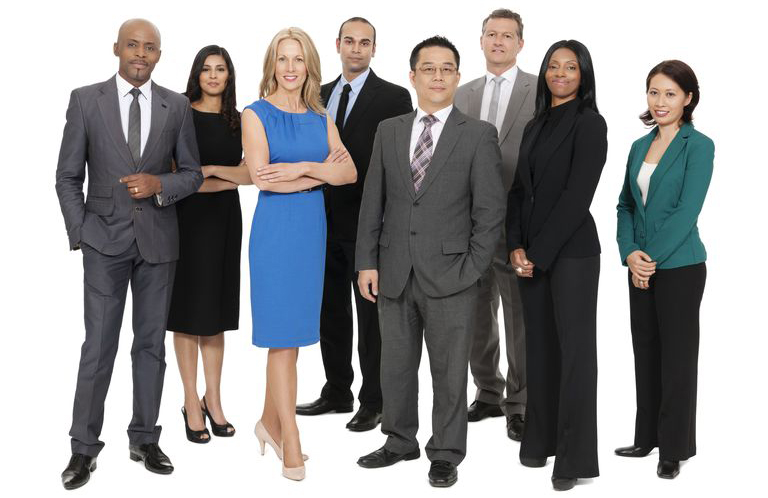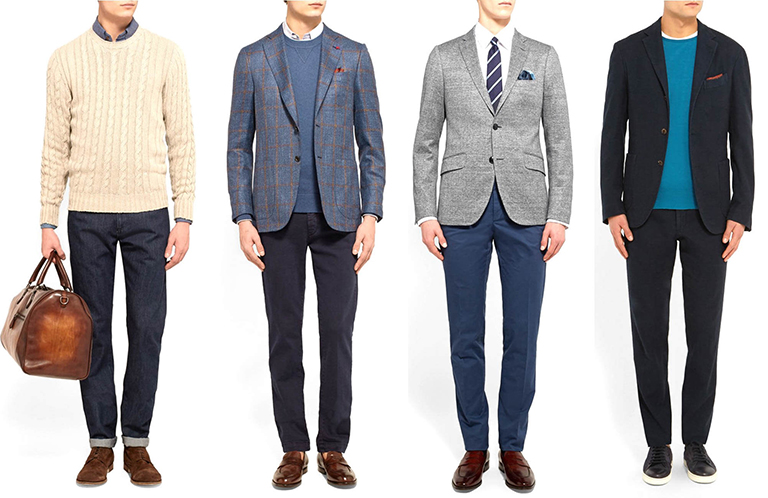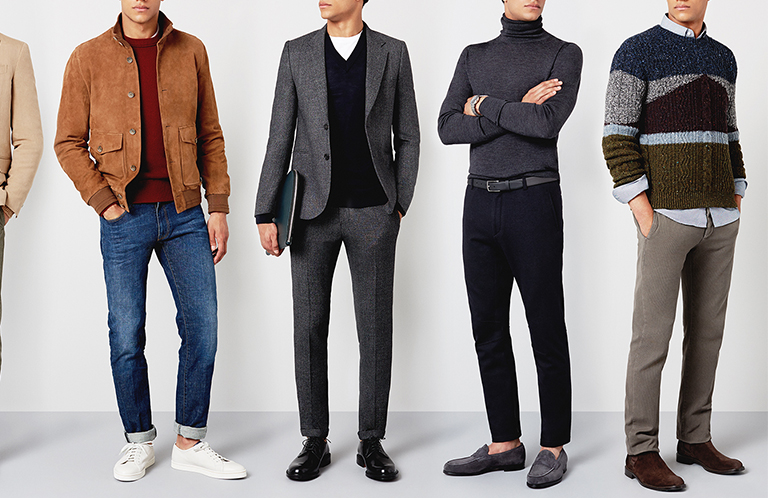Outline
Your choice in interview outfit plays a huge role in determining your first impression with future employers, and while it may seem as though your choice may reflect some leniancy, there are very strict industry standards relating to professional dress wear.
Business

Business
The most formal of all listed options, the business (also referred to as business formal) dress code appears mostly frequently at formal, corporate offices. Whether you need such an option for day-to-day worklife, or may only find the need to 'suit-up' on an occasional basis, familiarizing yourself with business-formal attire will come in handy when you seek to convey a fervent sense of professionality.
Staple Accessories
- Closed-toe shoes
- Laptop or paperwork sachel
- Button-up Shirts
- Blazer
- Matching trousers or skirts
Business-Casual

Business-Casual
Mixing elements of both business-formal and casual attire, the business-casual dresscode can be thought of as a little polished, while still a little laidback. This alternative matches perfectly to those in positions of semi-formality. The professionality of the business outfit is not compromised, even while providing for a greater degree of autonomy in clothing options.
Staple Accessories
- Blouses
- Open blazers
- Dark wash jeans
- Modern mules
- Polo shirts
Casual

Casual
While it's true that casual attire tokens a larger degree of free expression in terms of clothing choices, it is not an invitation to wear overly casual clothing articles such as sweatpants. You must remember that the workplace enviornment is still inviting to professionality, and the casual outfit must reflect that. Even still, dressing casually provides a noteworthy alternative to those with positions of less clothing restraint.
Staplek Accessories
- Formal T-shirts
- Lightweight jackets
- Button-up blouses
- Casual shoe varieties
- Informal backpack/sachel
